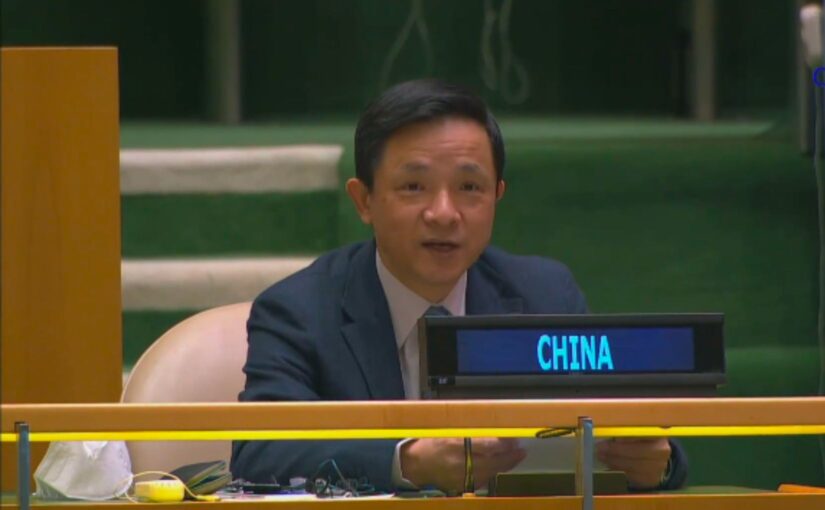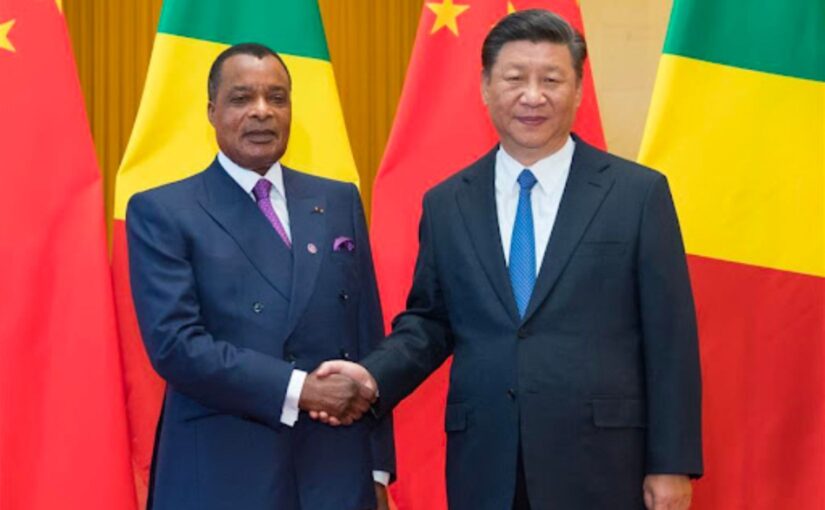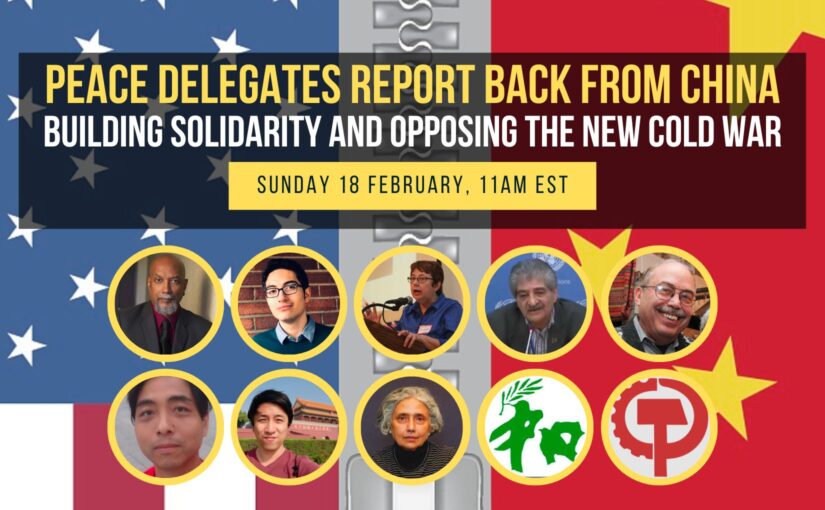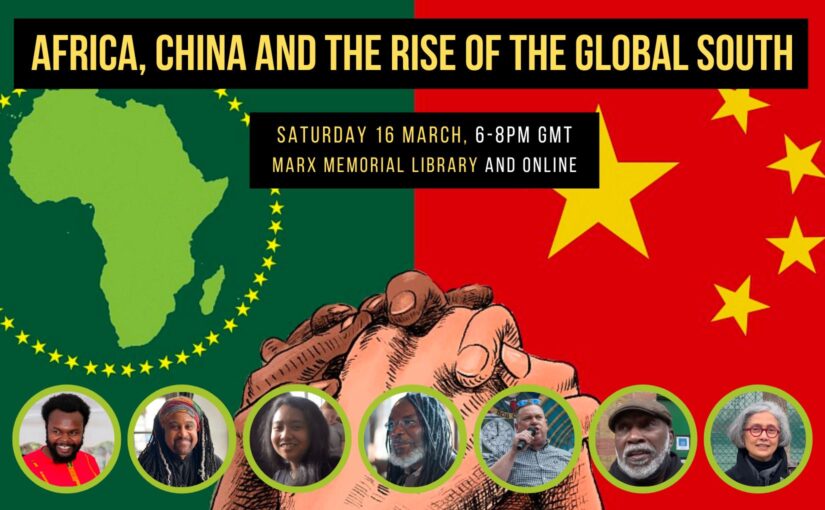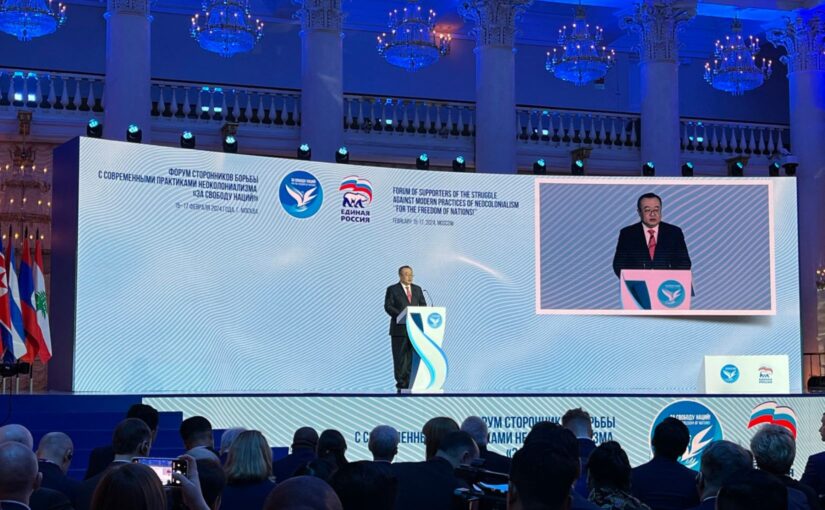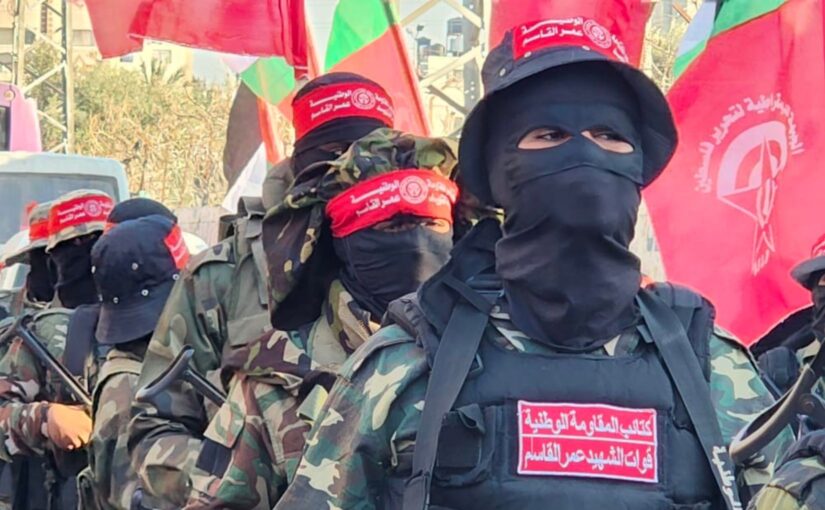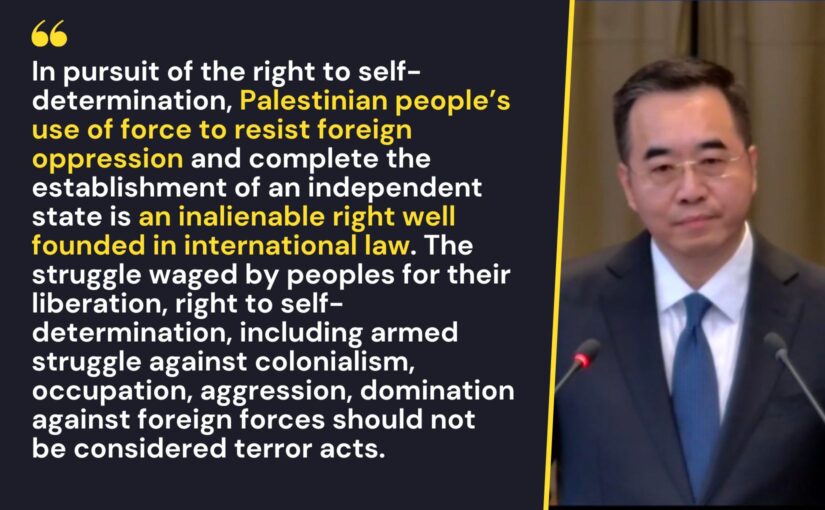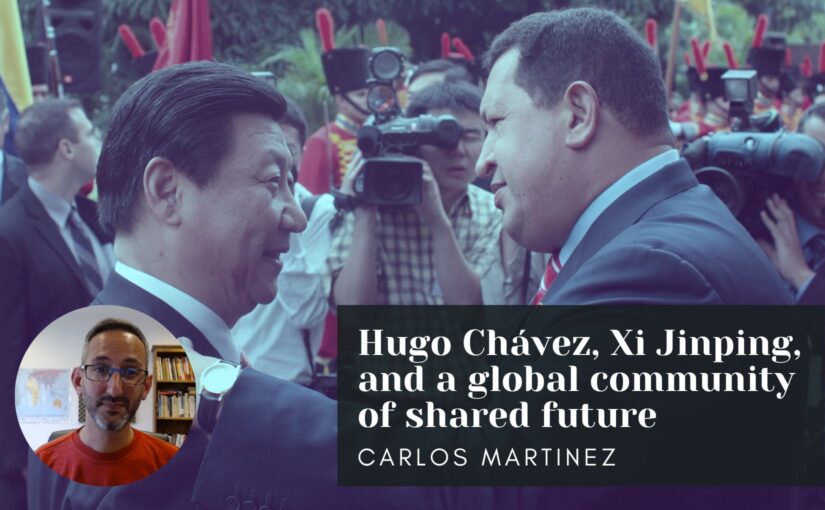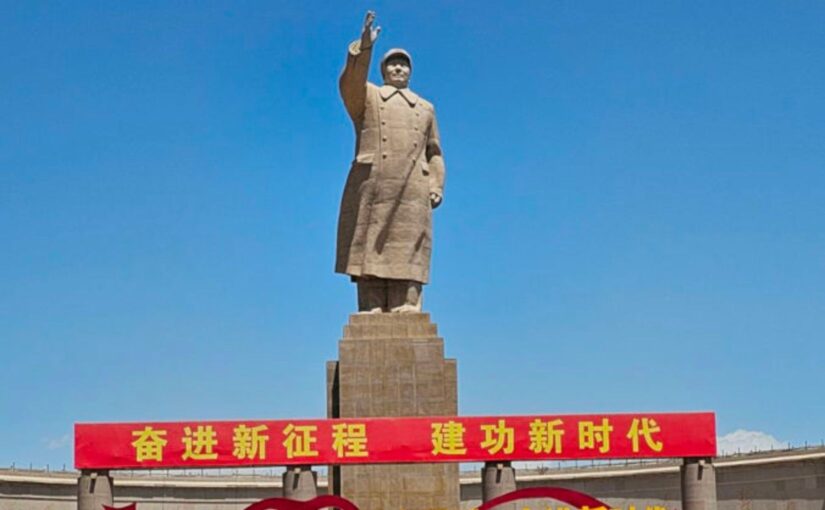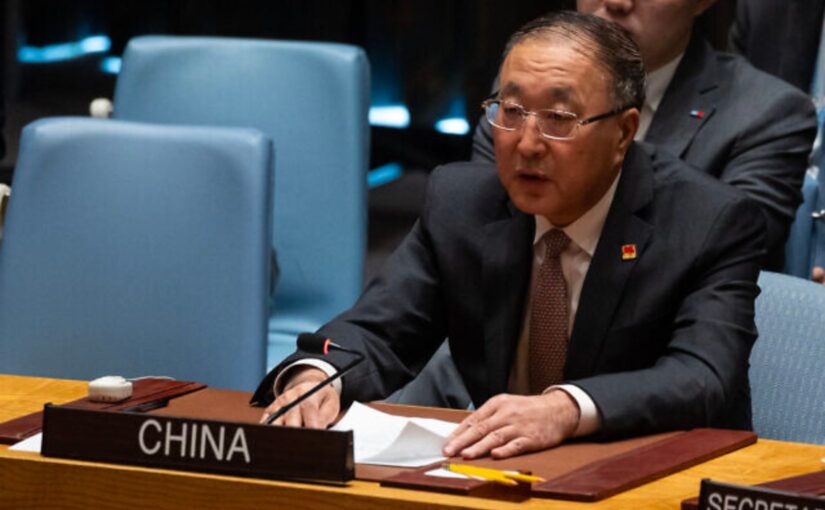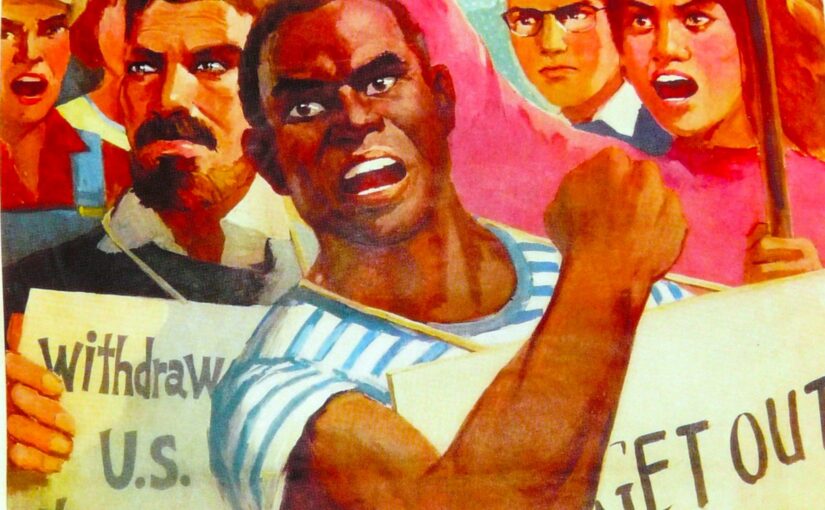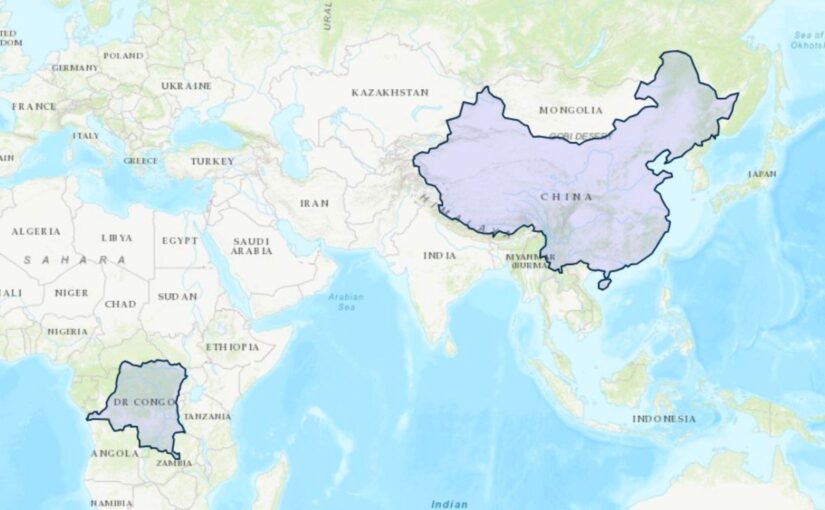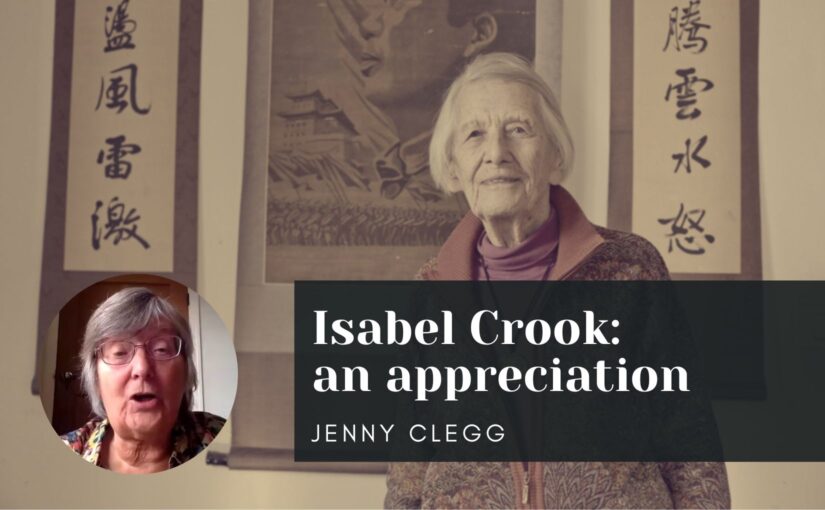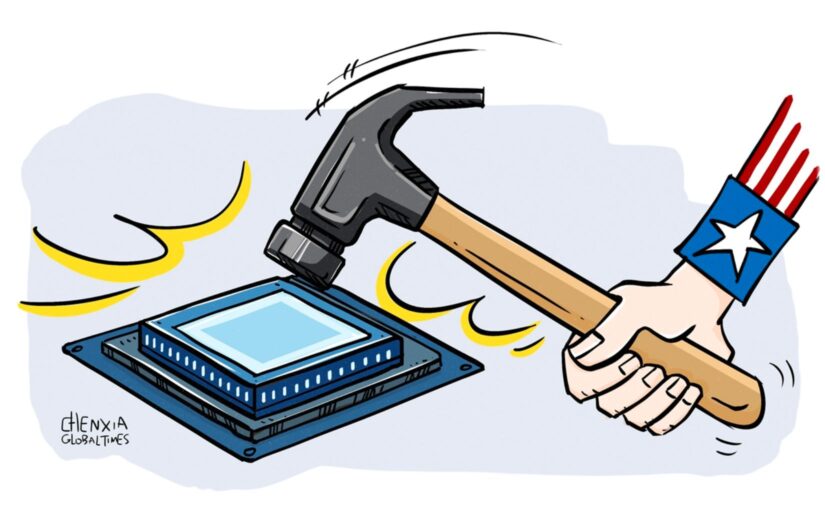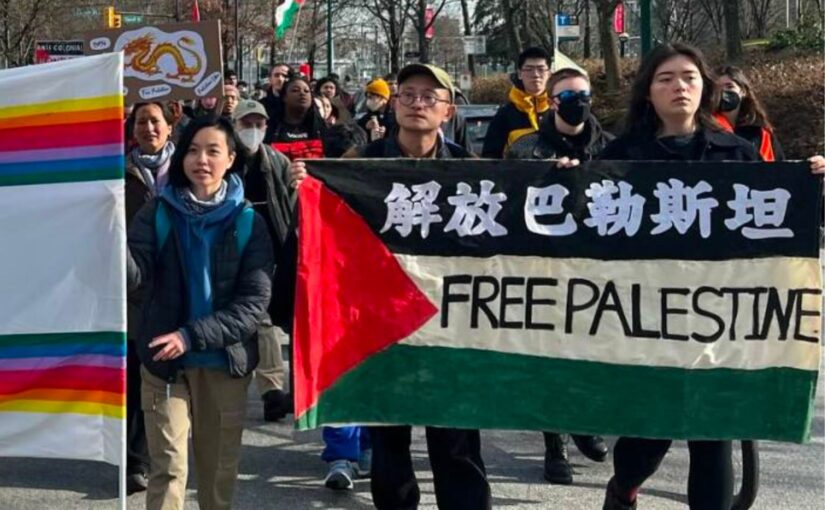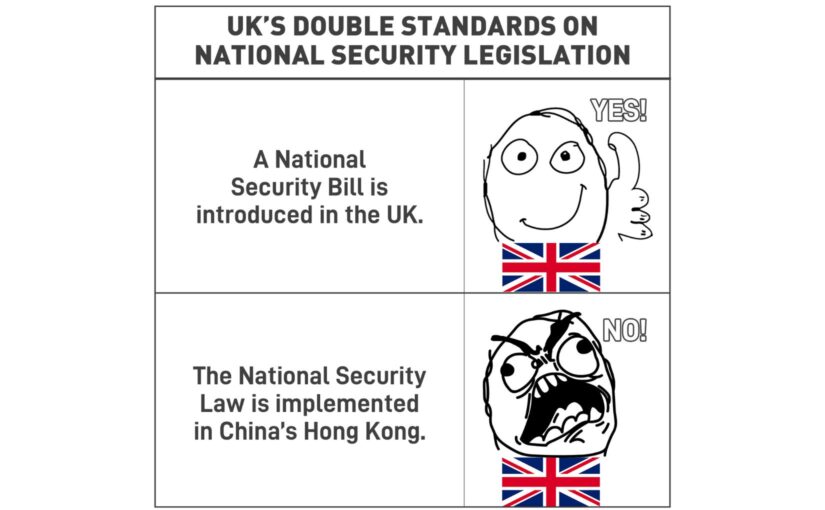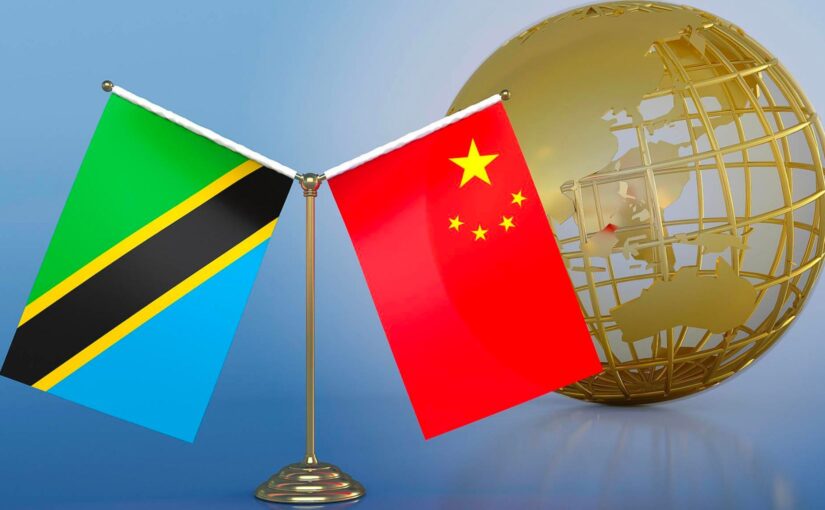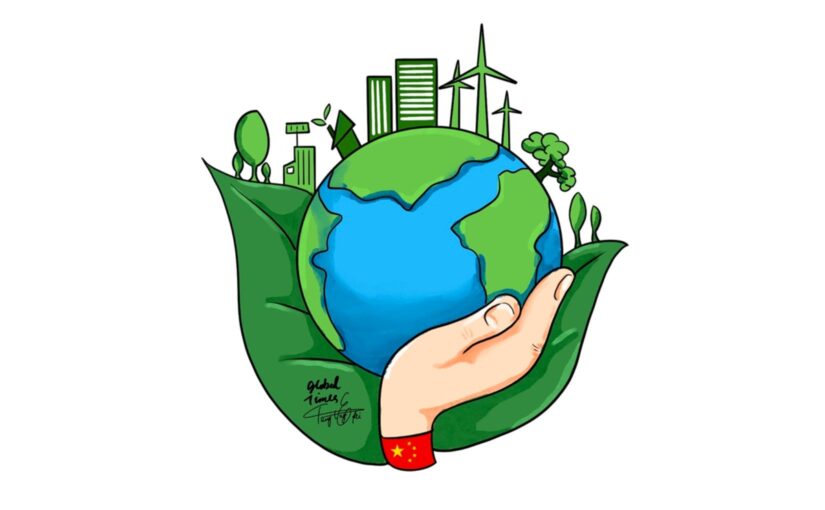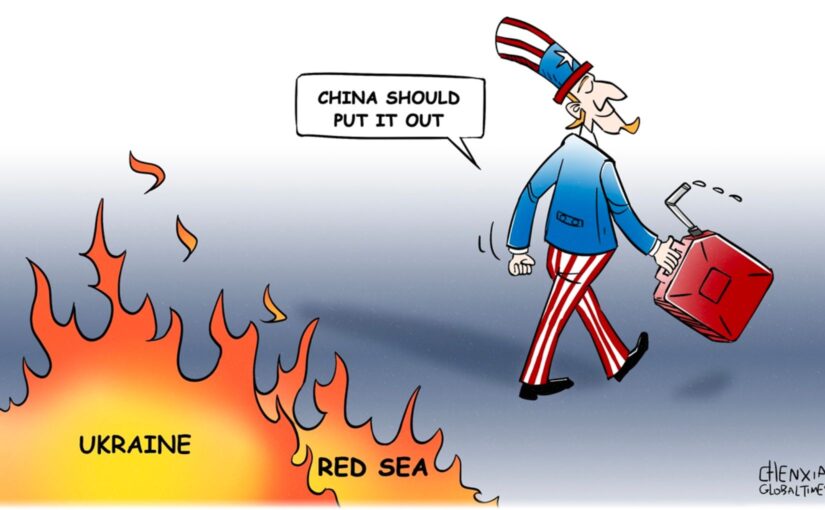With the humanitarian situation in Gaza deteriorating by the day in the face of Israel’s genocidal war against the Palestinian people, a senior Chinese diplomat has again made a powerful call for action to “protect civilians, save lives, and make every effort to prevent an even greater humanitarian disaster.”
Dai Bing, Charge d’Affaires of China’s permanent mission to the United Nations, speaking at the Security Council briefing on the food security risks in Gaza on February 27, said that:
“Millions of people in Gaza are suffering the pain of losing their loved ones or are still unable to find safe shelter after multiple times of forced displacement.
“They lack the most basic safety guarantees and supplies for survival and are constantly faced with the threat of death, hunger, and disease. Even more so, women and children are living in fear and desperation every single day.”
He added that events in Gaza severely violate international law and international humanitarian law and go beyond the bottom line of human morality and conscience.
“The international community must take actions to protect civilians, save lives, and make every effort to prevent an even greater humanitarian disaster.”
Noting that the Security Council had already adopted two resolutions on protecting civilians and expanding humanitarian access, he continued:
“However, due to man-made obstacles, the entry of humanitarian supplies into Gaza has faced many difficulties. For nearly a month now, the humanitarian supplies received in Gaza have been far below the average of earlier periods, and Northern Gaza has not received any humanitarian supplies.
“We call on Israel to earnestly fulfill its obligations as the occupying power under the Geneva Convention, fully cooperate in the implementation of Security Council resolutions, open up all land, sea, and air access routes, and ensure the safe, rapid, and unimpeded entry of humanitarian supplies.”
He underscored that the International Court of Justice had ordered provisional measures that require Israel to take all measures to prevent genocide and provide the population in Gaza with urgently needed basic services and humanitarian assistance. “The order of provisional measures must be effectively implemented.”
The following article was originally published by the Xinhua News Agency.
UNITED NATIONS, Feb. 27 (Xinhua) — A Chinese envoy urged the global community to take action to avert a more severe humanitarian crisis in Gaza.
“The international community must take actions to protect civilians, save lives, and make every effort to prevent an even greater humanitarian disaster,” Dai Bing, charge d’affaires of China’s permanent mission to the United Nations, said Tuesday at the UN Security Council briefing on the food security risks in Gaza.
Dai said Gaza has sunk into an unprecedented humanitarian catastrophe since the conflict’s outbreak over four months ago, with nearly 30,000 civilians having lost their lives. “Millions of people in Gaza are suffering the pain of losing their loved ones or still unable to find safe shelter after multiple times of forced displacement.”
“They lack the most basic safety guarantees and supplies for survival and are constantly faced with the threat of death, hunger, and disease. Even more so, women and children are living in fear and desperation every single day,” he said.
He said events in Gaza severely violate international law and international humanitarian law and go beyond the bottom line of human morality and conscience.
“The international community must take actions to protect civilians, save lives, and make every effort to prevent an even greater humanitarian disaster,” said Dai.
The envoy stressed that humanitarian assistance is what the people in Gaza rely on for hope of survival.
“With the focus on protecting civilians and expanding humanitarian access, the council has adopted Resolutions 2712 and 2720.”
“However, due to man-made obstacles, the entry of humanitarian supplies into Gaza has faced many difficulties. For nearly a month now, the humanitarian supplies received in Gaza have been far below the average of earlier periods, and Northern Gaza has not received any humanitarian supplies,” the envoy added.
“We call on Israel to earnestly fulfill its obligations as the occupying power under the Geneva Convention, fully cooperate in the implementation of Security Council resolutions, open up all land, sea, and air access routes, and ensure the safe, rapid, and unimpeded entry of humanitarian supplies,” Dai said.
Dai pointed out that Israel should strictly comply with the requirements of deconfliction, effectively guarantee the safety of humanitarian agencies and personnel and provide necessary facilitation for humanitarian agencies to carry out assistance in Gaza.
He underscored that the International Court of Justice ordered provisional measures that require Israel to take all measures to prevent genocide and provide the population in Gaza with urgently needed basic services and humanitarian assistance. “The order of provisional measures must be effectively implemented.”
Noting that the United Nations Relief and Works Agency for Palestine Refugees (UNRWA) is the lifeline for the people in Gaza, the envoy said that “its role is indispensable and irreplaceable. We support the UN in conducting an independent and impartial investigation into the allegations against UNRWA staff. Israel should support and cooperate with the UN in the investigation.”
Dai said that the international community should continue to support UNRWA and other humanitarian agencies in their work.
“We call upon the international community, and in particular, the major donors, to promptly resume their funding for UNRWA.”
Dai quoted UN Secretary-General Antonio Guterres as saying that with Gaza under gunfire, conditions are impossible for the delivery of humanitarian aid.
The envoy stressed that an immediate ceasefire is necessary to protect civilians, deliver assistance and alleviate the humanitarian disaster.
“This is currently the overwhelming call of the international community and the overwhelming consensus among Council members.”
“We hope that the relevant country will adopt a responsible and constructive attitude and support the Council in taking action to demand an immediate ceasefire in Gaza,” he said.
“China will continue to work with the international community to make tireless efforts to restore peace and save lives, to end the fighting in Gaza, to implement the two-state solution, and to achieve lasting peace in the Middle East,” Dai said.
